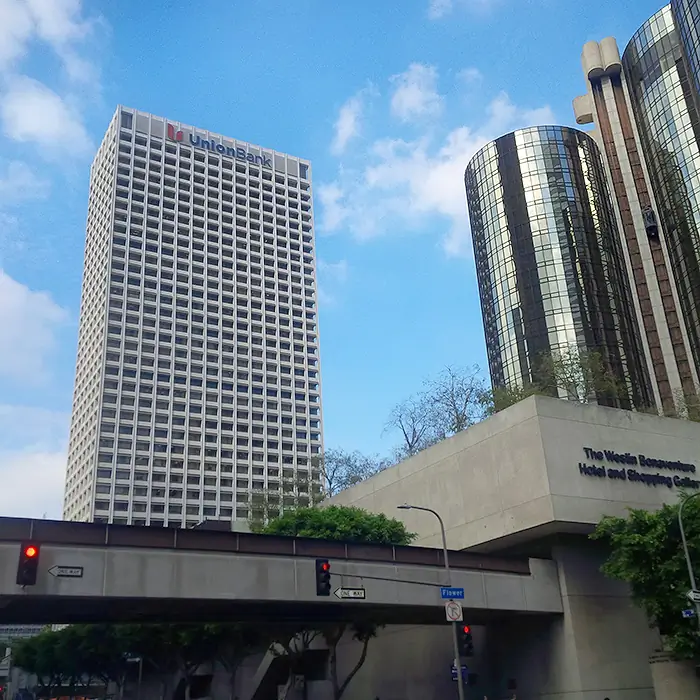BONUS RECOVERY LAWYER

Employees are likely to win a case for an unpaid bonus if all of the conditions required to earn the bonus are complete, or the employee’s actual labor resulted in substantial betterment to the employer and the employee’s labor was in substantial compliance with the requirement for earning the bonus. California law has held if the employee is discharged before completion of all of the terms of the bonus agreement, and there is not valid cause, based on conduct of the employee, for the discharge, the employee may be entitled to recover at least a pro-rata share of the promised bonus. California Labor Code § 200(b) defines labor as that which is performed under contract or agreement if the labor is performed personally by the person demanding payment. .
Once a bonus has been promised as part of the compensation for service, and the employee fulfills all the agreed-to conditions, the promised bonus is considered wages that must be paid.
“Defining bonuses as wages protects an employee's expectation of promised remuneration and prevents the employer from arguing that the promised bonus was an unenforceable gift or gratuity. There numerous California Labor Code penalties if an employer fails to pay a wage."
CALL 1-877-525-0700 TO TALK TO AN EXPERIENCED EMPLOYEE WAGE RECOVERY LAWYER
SUE FOR UNPAID COMMISSIONS
Like bonuses, commissions are wages. They too cannot be forfeited and must be paid to the employee. One case held “In the analogous context of commissions on sales, it has long been the rule that termination (whether voluntary or involuntary) does not necessarily impede an employee's right to receive a commission where no other action is required on the part of the employee to complete the sale leading to the commission payment. (See Willson v. Turner Resilient Floors (1949) 89 Cal.App.2d 589, 201 P.2d 406.) This concept has been colorfully described as “ ‘ “He who shakes the tree is the one to gather the fruit.” ’ ” (E.A. Strout Western Realty Agency, Inc. v. Lewis (1967) 255 Cal.App.2d 254, 259, 62 Cal.Rptr. 918, quoting Sessions v. Pacific Improvement Co. (1922) 57 Cal.App. 1, 18, 206 P. 653.
When is an employee entitled to a commission? “Payment Of Commissions Upon Termination Of Employment. A commission is ‘earned’ when the employee has perfected the right to payment; that is, when all of the legal conditions precedent have been met.
If all work on something that would have resulted in a commission or bonus is not done, employers still must pay something if the employee substantially performed. One way to recovery this money from the employer is through a legal theory called quantum meriut. Recovery in quantum meruit does not require a contract. (See 1 Witkin, Summary of Cal. Law (9th ed. 1987) Contracts, § 112, p. 137; see, e.g., B.C. Richter Contracting Co. v. Continental Cas. Co. (1964) 230 Cal.App.2d 491, 499–500, 41 Cal.Rptr. 98.) The classic formulation concerning the measure of recovery in quantum meruit is found in Palmer v. Gregg , supra, 65 Cal.2d 657, 56 Cal.Rptr. 97, 422 P.2d 985. Justice Mosk, writing for the court, said: “The measure of recovery in quantum meruit is the reasonable value of the services rendered provided they were of direct benefit to the defendant.” (Id. at p. 660, 56 Cal.Rptr. 97, 422 P.2d 985, emphasis added; see also Producers Cotton Oil Co. v. Amstar Corp. (1988) 197 Cal.App.3d 638, 659, 242 Cal.Rptr. 914.) The underlying idea behind quantum meruit is the law's distaste for unjust enrichment. If one has received a benefit which one may not justly retain, one should “restore the aggrieved party to his [or her] former position by return of the thing or its equivalent in money.” (See 1 Witkin, Summary of Cal. Law (9th ed. 1987) Contracts, § 91, p. 122.) The idea that one must be benefitted by the goods and services bestowed is thus integral to recovery in quantum meruit; hence courts have always required that the plaintiff have bestowed some benefit on the defendant as a prerequisite to recovery. (See Earhart v. William Low Co. , supra, 25 Cal.3d 503, 510, 158 Cal.Rptr. 887, 600 P.2d 1344 [explaining origins of quantum meruit recovery in actions for recovery of money tortiously retained; law implied an obligation to restore “ ‘benefit,’ unfairly retained by the defendant”].), “ Maglica v. Maglica , 66 Cal.App.4th 442, 449 (1998). ‘Where one performs for another, with the other's knowledge, a useful service of a character usually charged for, and the latter expresses no dissent, or avails himself of the service, a promise to pay the reasonable value of the services is implied.’ ” (Emphasis in original.) “Quantum meruit recovery is thus justified where services were performed by a party at the request of another under circumstances in which compensation for such services would be expected. ( Earhart , supra, 25 Cal.3d at p. 515, 158 Cal.Rptr. 887, 600 P.2d 1344.), “ Spires v. American Bus Lines , 158 Cal.App.3d 211, 217 (1984).
CAN BONUSES OR COMMISSIONS BE FORFEITED?
The law is against forfeiture when the forfeiture results in one party not being paid for substantially performing. A condition involving forfeiture must be strictly interpreted against the party for whose benefit it is created, California Civil Code § 1442. The law abhors forfeitures, Lamont v. Ball , 93 Cal.App.3d 291 (1949). Just as the law abhors forfeitures so does equity, Enfantino v. Sup. Crt. , 162 Cal.App.3d 1110, 1113 (1984). Forfeiture of contractual rights is not favored, Chase v. Blue Cross , 42 Cal.App.4th 1142 (1996).
The quick answer is your employer should not be claiming you forfeited a bonus or commission by leaving the job, or otherwise. If you are owed bonuses or commissions and want to sue
call 1-877-525-0700.



